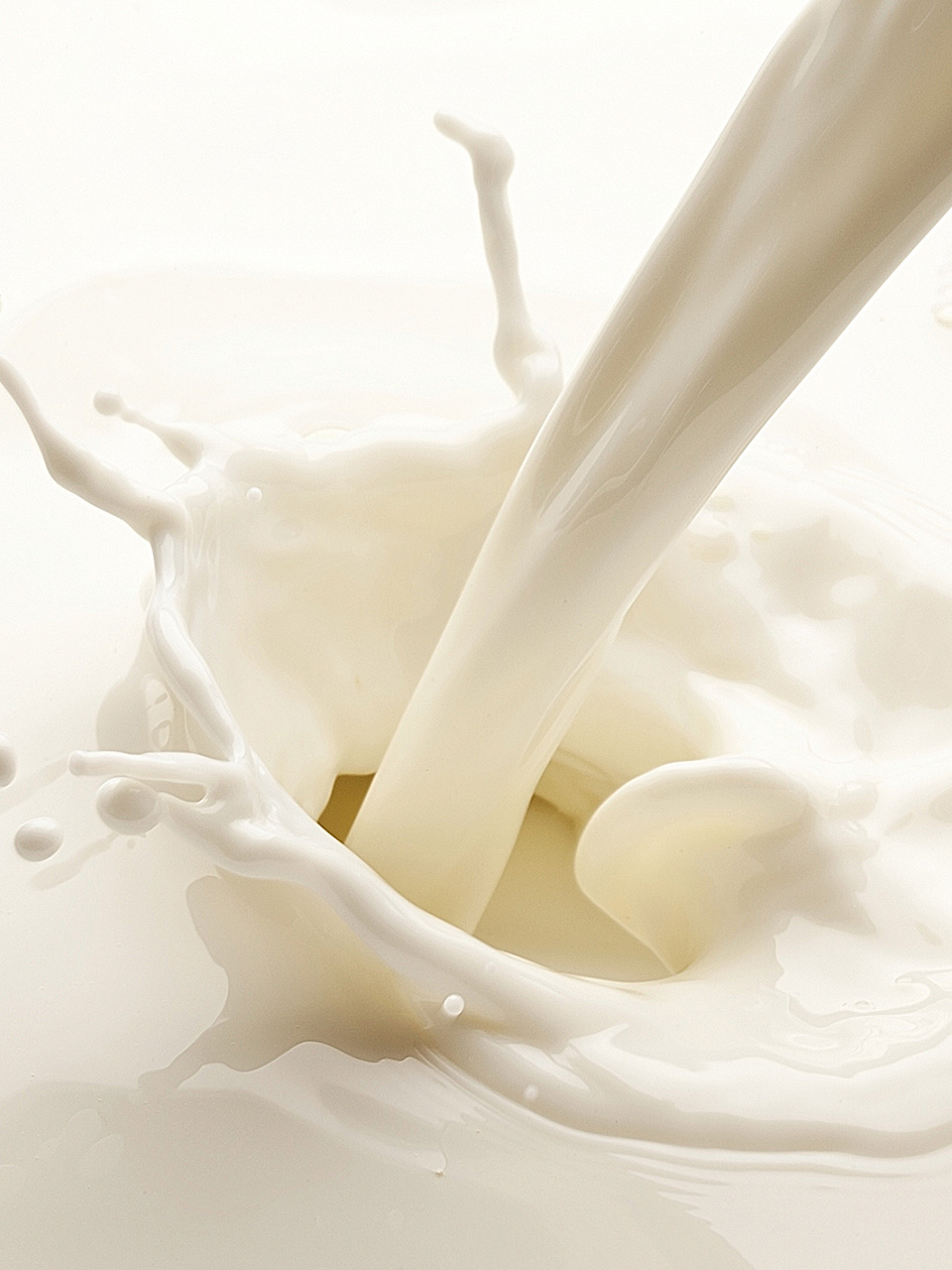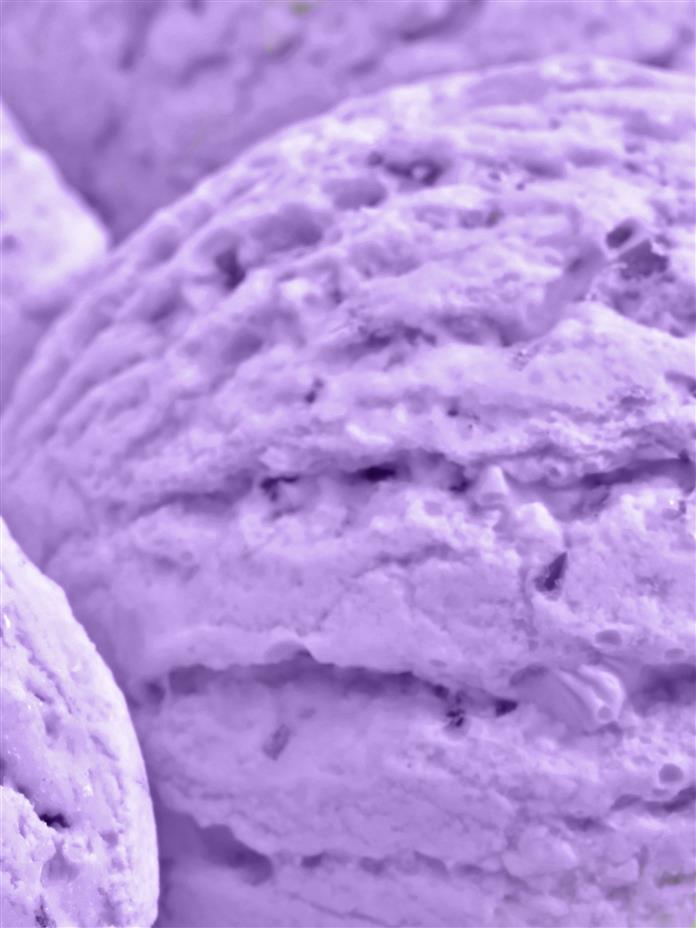
Tap to Read ➤
Milk in Ayurveda
Kanika Goswami


The raging controversy on whether milk is good or bad for the human body has both sides energetically trying to prove their point. However, in this story we shall lay to rest some of these demons, through the principals of Ayurveda.

Ayurveda, the science of healthy eating has its own take on this situation. Though it does not take a positive or negative stand on this,

(Ayurveda is not chemical research based, only a science of types of human constitutions and what suits each body type the best ... thereby setting out a system of food intake as medicine for a healthy body), it does recommend in what form and for whom milk is best for consumption.

Pros and Cons of Milk
Ayurveda declares milk to give mass, sweetness, and coolness to a meal, so it is supposed to be calm and beneficial for nursing mothers. It does help to strengthen the heart in some constitutions, but also accumulates phlegm in certain others, adding congestion where it is not needed.

Modern Ayurveda scientists maintain that western researches have found milk to be harmful more because of their mode of intake. If taken cold, unspiced, homogenized, combined with unsuitable foods, and in excess it will definitely be bad for health. The secret to milk being a healthy food lies in the way it is consumed, prepared, and stored.

Preparation Procedures
To start with, Ayurveda recommends raw (never pasteurized or homogenized) milk. Boiling it before serving is also a must, because it denatures the proteins, making it easily digestible since it is broken into amino acids. The addition of cinnamon, cardamom, ginger, and black pepper can also help balance its cooling qualities.

Pasteurization and Homogenization
Ayurveda maintains that while pasteurization does cleanse milk of the bacteria it starts out with, the process does nothing to offer by way of making it more digestible, nor does it actually do away with the risk of potential contamination in other ways.

Under the circumstances, modern processing only takes the nutritional benefits away from it, making it more harmful that healthy. Unless milk is boiled well, anything at a lower temperature only serves to cause the partial breakdown proteins, making them almost impossible to digest cleanly for the human system.

Homogenization also does nothing to enhance the healthy properties of milk. This may lead to tendencies towards arteriosclerotic clots, causing severe heart problems. Then milk is blamed for it ... when actually it is the processing that is to be blamed.

Homogenization only serves to make the milk easier to pack, store, and retail. So, the process has utility for the organizations that want to make profit by retailing, and it obviously overlooks the health issues. If these are the only objectives of processing and selling milk, obviously consuming healthy food is not a priority.

We can safely say that the cow's milk in ayurveda whose virtues were extolled by ancient sages and seers, and who pronounced it to be a complete food, is not the same milk that we are getting to consume today, so it will not have the same properties, nor the benefits.

Hence, in this ancient science, milk should not be tampered with, it is preferably boiled with spices, and not stored for too long.

Goat Milk
Research of milk in Ayurveda recommends goats milk over cow's milk, since it is less mucus forming and easier to digest, it also has lesser tendencies to form allergens. This milk is especially useful for calming and healing the stomach ailments. It is rivaled in Ayurveda only by buffalo milk, for its excellent calming abilities.

Ayurvedic Recipes
Ayurveda recommends consumption of milk, if one really wishes to, in specific forms. One good idea is to boil milk with a half teaspoon of grated nutmeg, or 2 teaspoons of clarified butter (ghee) and one teaspoon of coriander powder.

Another option is to boil a cup of milk and a cup of water with a teaspoon of freshly grated ginger and three or four cardamoms then reduce heat and simmer for 5 minutes. Stir with half a teaspoon of ghee just before drinking (drink while still warm). This drink will induce a calm sleep and help in digestion too.

If one is still sensitive to cow's milk, it's a great idea to switch to soy milk. It has a lighter nature and can be a better beverage for people of all ages. It also cooks easily in recipes, and even promotes the building of healthy cells in the body.

Disclaimer: This story is for informative purposes only and does not in any way attempt to replace the advice offered by an expert on the subject.


